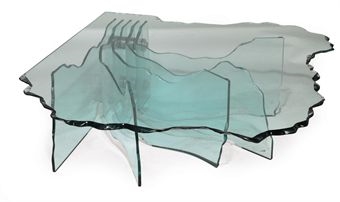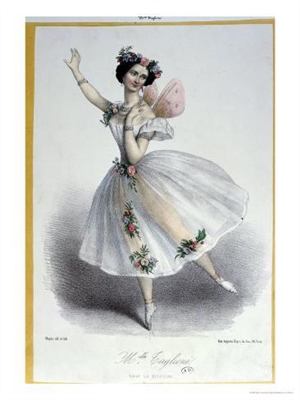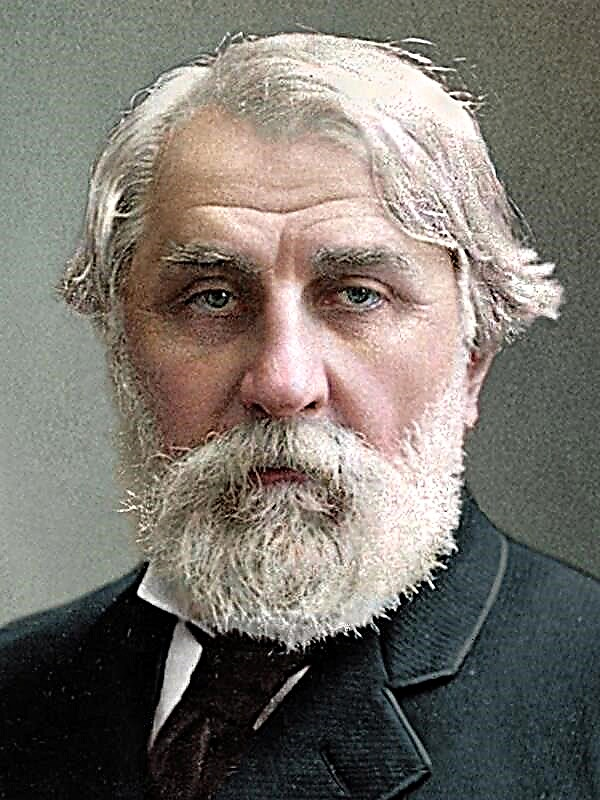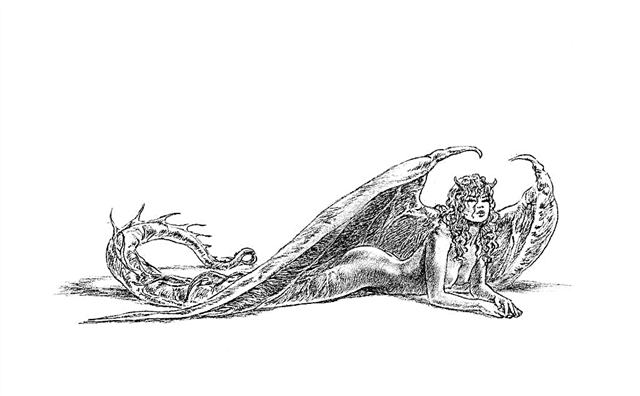Such a light, simple and at the same time unlimited beauty of Russian nature lives in the exciting images of Yesenin’s landscape lyrics. About the native, about something close to the heart, about the father’s house, the small but deep poem “Birch” tells us.
History of creation
Sergei Yesenin left the village of Konstantinovo early - the place where he was born and raised. He went to Moscow. Just in the capital in 1913, this work appeared, inspired by a thick, languid yearning for the dear soul of the land.
At that time, the very young, golden-haired Yesenin, plunged into the turbulent stream of Moscow life, was gravitated by his soul to a sweet home, old and thin. The image of a birch is collective, in it cosiness sweet to the heart, the spaciousness of peasant villages and the joy of childhood.
This work was the first published poem by a young creator, and it appeared in a magazine called “The World” in January 1914, and the poet was listed under the pseudonym “Ariston”.
Genre, direction and size
Birch is a great example of landscape lyrics. Here the themes of the homeland and nature, the unity of man with it are harmoniously intertwined.
The poem is written by the three-footed chorea and consists of four stanzas. Due to incomplete cross-rhyming, the piece sounds smoothly and melodically.
Composition
The poem is interesting in its compositional structure: on the one hand, the images are built linearly, our attention switches first to some details, then to others. However, you can also notice that in the initial quatrain it is said that the birch is shrouded in snow, "just like silver", and in the final line there is such a reference: "And the dawn, lazily, circling around, sprinkles branches with new silver."
Thus, we have a ring composition. Thus, a multifaceted landscape is born in consciousness, but the thought remains at one situational point.
Images and Symbols
- Birch, like no other tree, personifies Russia. There is captivating simplicity in it, and a Russian boundless soul, and reassuring peace. It is with this tree that the poet connects his native village, the place where the immense simple great country begins.
- The picture in the poem - deep winter. The lyrical hero seems to look out the window and describe what he saw: the first thing he turns his attention to is the “birch”. What is lurking in it? This is the priceless love of the mother, this is the joy and sorrow of the peasant people, this is native land with free spaces. It is also interesting that the stereotypical image of the merciless and evil winter here takes on a completely different look: she did not ruin the tree, but instead wrapped it in a silver outfit.
- The author also emphasizes that the birch is “white”, and this color symbolizes purity and innocence, rebirth and youth. In this lyrical work, nature comes to life, acquires its own characteristics and character. A birch looks like a beautiful, young girl in a fluffy fur coat and pleases her eyes. Not only the lyrical hero stares at her, but even nature itself admires her creation and adds more and more touches to the image of the birch, we can understand this from the last stanza.
Themes and mood
For Yesenin, the main theme of the Motherland is always the same with the equally important theme of nature, and this poem is no exception. The rural environment in which the poet grew up, gained completeness, primarily in its unique, exclusively Russian beauty of the world.
The poem is very cozy, it takes the reader to the dear embrace of the parental home. An important role is played by colors, which create a unique contrast in the poem: a white birch, but snowflakes burn on it “in golden fire”. In addition, we hear a light melody of heart longing: the tree is surrounded by “sleepy silence”, and only the dawn “lazily” goes around it. Yesenin undoubtedly missed his village, but he recalled him as a bright place, it is these emotions and feelings that this work conveys.
Idea
Life begins with love for mother and father, for the home side, for the whole country and its people, without which a person cannot be happy - this is the main idea of the work. Everyone should have even a tiny little corner in this raging and huge world, where he can get stuck, where he can hide from pain, suffering, absorbing jaws of rough reality. Everyone should have their own white birch, in which the heart can always be found joy and comfort even in distant alien lands, among strangers, in overwhelming loneliness.
And let life be in full swing and run frantically, throwing from side to side, but never forget about your house - the land where they love and wait. This important meaning was sought by the author to convey to the reader.
Means of artistic expression
The poem "Birch" is small in volume, but it is replete with artistic and expressive means of language. Of course, there is personification here: the birch has "covered itself" and the dawn, "going around, sprinkles it." Lively and vivid images are created due to epithets: “fluffy” branches, “sleepy” silence, “golden” fire. In addition, the poet uses metaphors, for example: "On fluffy branches / Snow border / Blossoms tassels / White fringe." To describe the snow, the author chose the comparison "exactly silver." The melody of the strings is achieved largely due to the assonance, here the emphasis is placed on the vowel sounds “e”, “o”, “and”.
The magnificent and burning poem stirs the hearts of people to this day, giving birth to the most tender, painfully familiar experiences in the soul. Yesenin at such a young age managed to put deep and serious feelings into his lines, transferring them to beautiful images of Russian nature.












